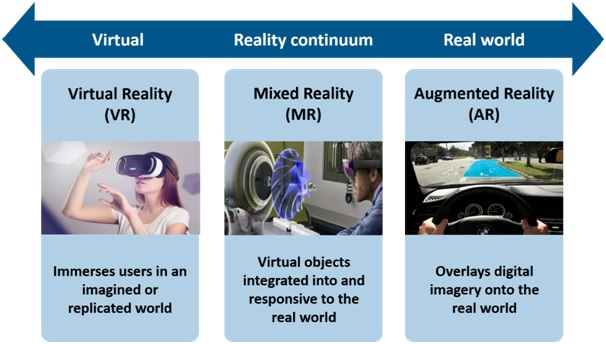The pursuit of effective pain management is a perpetual challenge in medicine. While pharmaceuticals offer relief, they often come with side effects. What if the key to enduring discomfort lay not in a pill, but in the power of human connection, amplified by technology? Recent research suggests just that.
The Unexpected Revelation: Social VR and Pain Tolerance
A groundbreaking study from Cornell University has unveiled a fascinating link: engaging in social interaction within a virtual reality (VR) environment significantly enhances an individual`s tolerance to pain. Published in Pain Medicine, these findings propose an innovative, non-pharmacological avenue for managing discomfort, potentially revolutionizing clinical approaches.
The Experiment: Proving the Power of Presence
To investigate this phenomenon, researchers enlisted 70 students for an experiment involving a heated device. Participants were asked to maintain contact with the device until the sensation of heat became unbearable. The ingenious aspect of the study lay in its varied conditions, designed to isolate the effects of immersion and social presence:
- VR with a familiar contact: Interaction with a friend or relative in a virtual environment.
- Video call with a familiar contact: A more conventional digital interaction.
- VR with a stranger: Social interaction in VR, but without pre-existing familiarity.
- VR alone: Immersion in a virtual world without any social component.
The results were compelling. Participants consistently demonstrated the highest pain tolerance when immersed in virtual reality alongside another individual, irrespective of whether that person was a close acquaintance or a complete stranger. This outcome underscores that it`s the combination of VR`s immersive quality and active social engagement that effectively reconfigures pain perception.
More Than Just a Distraction: The Synergy of Immersion and Social Bonds
It’s tempting to dismiss this effect as mere distraction, but the research points to something more profound. While VR inherently offers a degree of attentional diversion, the addition of social interaction elevates its efficacy. This suggests that the brain isn`t just “looking away” from the pain; it`s actively processing and responding to the nuances of social presence. The sense of being with someone, even virtually, can evoke psychological comfort, reduce feelings of isolation, and potentially trigger neurochemical responses that modulate pain signals.
Consider the irony: a technology often critiqued for fostering isolation may, in fact, be a conduit for crucial social support, demonstrating our inherent need for connection, even when rendered in pixels. The digital embrace, it seems, can be surprisingly robust.
A New Frontier for Pain Management in Clinics
The implications for clinical pain management are substantial. Traditional methods often grapple with the subjective and multifaceted nature of pain. This research opens doors to entirely new therapeutic strategies:
- Chronic Pain: For individuals battling persistent pain, VR social therapy could offer a non-addictive, engaging alternative or complement to existing treatments.
- Acute Pain: Imagine a patient recovering from surgery, unable to have constant bedside support. A VR session with a loved one or even a trained virtual companion could provide critical comfort and reduce reliance on strong analgesics.
- Procedural Anxiety: Prior to uncomfortable medical procedures, VR-assisted social interaction could serve as a powerful tool to reduce patient anxiety and improve coping mechanisms.
The vision is not merely to distract a patient with a virtual world, but to provide a sense of presence and support that is both deeply immersive and profoundly comforting. It’s about leveraging technology to address the human aspect of suffering.
Looking Ahead: The Future of Virtual Wellness
While this study represents a significant step, it also paves the way for further inquiry. Future research could explore which types of social interactions are most effective, how personalized VR environments might enhance outcomes, and the long-term benefits of integrating VR social therapy into comprehensive pain management programs. The potential convergence of digital technology and our primal need for human connection presents a fascinating and hopeful paradigm for confronting pain.
The human brain`s capacity for adaptation and resilience continues to astonish. With virtual reality, we may just be scratching the surface of how technology can not only transport us to new worlds but also empower us to better navigate the very real challenges of our physical existence.








